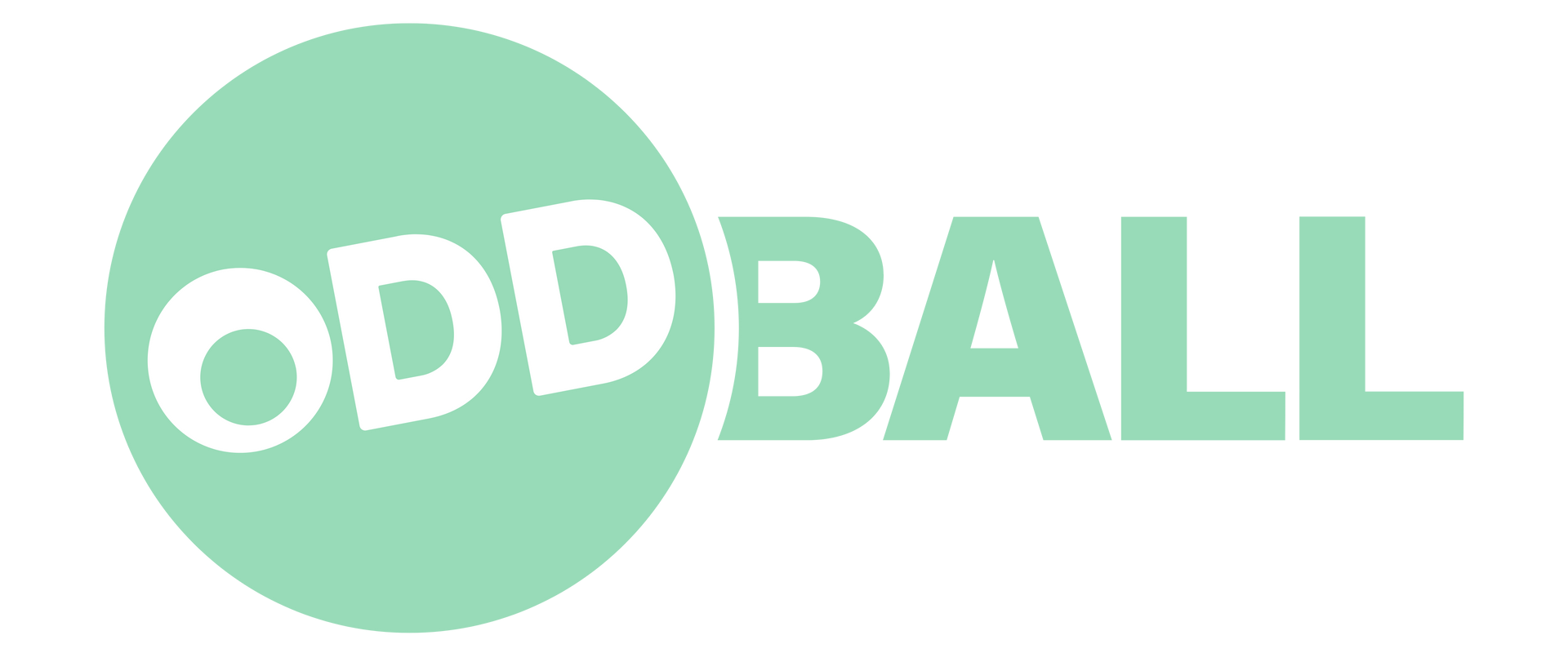SEO Hacks That Every Website Should Use
Search engine optimization (SEO) can improve your website's visibility. Proper SEO helps websites rank higher on search engines, driving more traffic and potential customers. By leveraging various SEO hacks, you can ensure your website stands out and reaches a broader audience. Understanding and implementing these strategies can significantly impact your site’s success.
Creating quality, keyword-rich content and updating existing material can ensure your website remains relevant and valuable. Building high-quality backlinks and employing effective internal linking strategies can significantly strengthen your site’s SEO foundation. By understanding and applying these techniques, your website will be better positioned for success in 2024.
Optimizing On-Page Elements for Better Search Rankings
Crafting Effective Meta Tags and Descriptions
Meta tags and descriptions are crucial in how search engines and users perceive your website. Effective meta tags help improve your click-through rate (CTR) and overall SEO performance. To craft effective meta tags:
- Title Tags: Keep them under 60 characters and include your primary keyword at the beginning. Make them compelling to encourage clicks.
- Meta Descriptions: Limit these to 155 characters. While they don’t directly impact rankings, they influence CTR. If possible, summarize the page’s content and include a call to action (CTA).
Meta tags should be unique for each page to avoid confusion for search engines. They should accurately reflect the page's content while engaging enough to encourage users to click through to your site.
Importance of Keyword Placement in Headings and Content
Strategic keyword placement is essential for optimizing your content for search engines. Keywords should be naturally incorporated into your headings, subheadings, and throughout the body of your content:
- Headings (H1, H2, etc.): Place primary keywords in your H1 tag, which is usually the title of your page. Use related keywords in your H2 and H3 tags to provide structure and relevance.
- Content: Integrate keywords naturally within the first 100 words of your text and throughout the body. Avoid keyword stuffing, as it can harm your SEO. Ensure your content reads naturally and provides value to the reader.
Leveraging Technical SEO Hacks
Improving Site Speed and Mobile Responsiveness
Site speed and mobile responsiveness are essential to user experience and SEO rankings. Slow-loading sites frustrate visitors and lead to higher bounce rates. To optimize your site speed:
- Compression: Compress images and files to reduce load time.
- Caching: Use browser caching to store copies of your site’s files, reducing load times for returning visitors.
- Minify Code: Minify CSS, JavaScript, and HTML to remove unnecessary characters and reduce file sizes.
Mobile responsiveness is equally essential. Many users access sites on their mobile devices, so your website must be mobile-friendly. Use responsive design techniques to ensure your site looks and operates well on various screen sizes and devices.
Using Structured Data and Schema Markup
Structured data and schema markup help search engines understand the content on your site, leading to better indexing and potentially richer search results. Implementing schema markup can highlight important information like reviews, products, and events:
- Product Pages: Use schema to show product details like price, availability, and reviews directly in search results.
- Articles: Markup articles to indicate headline, publish date, and author.
- Local Businesses: Provide detailed business information, including address, phone number, and operating hours.
By using structured data, you enhance the way search engines interpret your site’s content, which can lead to enhanced visibility through rich snippets and other search features. Properly implemented, these technical SEO hacks can give your site a significant advantage in search rankings.
Content Strategies to Boost SEO
Creating High-Quality, Keyword-Rich Content
Creating high-quality, keyword-rich content is essential for improving your website’s SEO. Focus on producing content that offers value to your readers. Use your primary keywords naturally throughout the text to signal relevance to search engines. Here are some tips for creating such content:
- Audience Understanding: Know your audience and create content that answers their questions or solves their problems.
- Thorough Research: Conduct keyword research to find terms and phrases relevant to your topic.
- Useful Formatting: Break up your content with subheadings, bullet points, and images to make it easily readable.
High-quality content increases engagement, leading search engines to rank your website higher. Ensure that each piece of content is well-researched, well-written, and valuable.
Updating and Repurposing Old Content for Fresh Value
Old content can still be valuable. Search engines appreciate fresh and updated content, so revisiting and refreshing your old posts can give them new life. Here are some ways to update and repurpose old content:
- Revise Information: Update statistics, facts, and examples to ensure accuracy.
- Add New Sections: Include new sections that expand on topics or add updated information.
- Repurpose Formats: Turn blog posts into infographics, videos, or podcasts.
Repurposing allows you to reach new audiences and keep your content relevant. Revisiting older posts, especially those that have performed well, can significantly boost your SEO by attracting consistent traffic.
Effective Link Building Techniques
Building High-Quality Backlinks Through Outreach
Link building is critical for improving your site's authority and search engine ranking. High-quality backlinks from reputable sites signal that your content is valuable to search engines. Here are steps to build high-quality backlinks through outreach:
- Identify Prospects: Find reputable websites in your niche that might be interested in linking to your content.
- Personalize Outreach: Email the site owners or content managers a personalized message explaining how your content could enhance their site.
- Provide Value: Ensure your content is link-worthy by offering valuable information, unique insights, or helpful resources.
Utilizing Internal Linking to Enhance Site Structure
Internal linking is equally important as it helps search engines understand the structure of your site. It distributes link equity and helps guide visitors through your site. Here’s how to use internal linking effectively:
- Strategic Placement: Place internal links within your content where they are relevant and valuable to the reader.
- Anchor Texts: Use descriptive anchor texts with relevant keywords to signal the linked content’s subject.
- Link to Important Pages: Directly link to your most essential pages to boost their authority.
Conclusion
SEO involves a blend of on-page optimization, technical tweaks, content strategy, and link building to enhance your website’s visibility and ranking. You can significantly improve your site's performance by crafting effective meta tags, improving your site’s speed and mobile-friendliness, creating valuable content, and building quality backlinks. Each element of SEO is interconnected, and focusing on these aspects can lead to substantial improvements.
At Oddball Creative, we specialize in helping businesses like yours achieve their SEO goals. If you're ready to unlock your website's full potential with expert strategies, contact our
SEO agency in Owensboro today and let us help you climb the search rankings!



